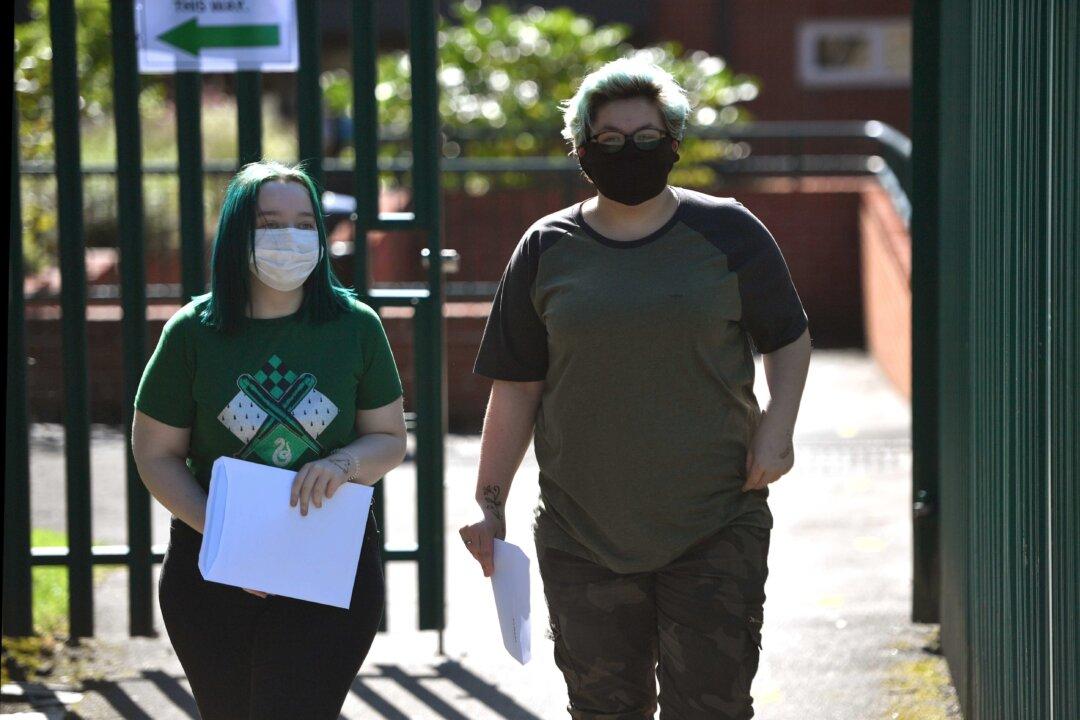UK Education Secretary Gavin Williamson said on Oct. 12 that most A-Level and GCSE exams will be held next year, although three weeks later than usual.
Contingency plans will also be drawn up over the next six weeks to handle any potential disruptions to the students’ exam process.





